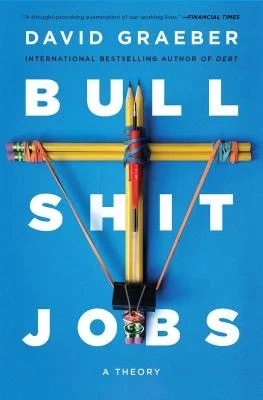What I’m reading: The Notebook: A History of Thinking on Paper by Roland Allen

“This post contains affiliate links. If you click through and make a purchase, I may earn a commission.
The Notebook is a deep dive into the history and usefulness of notebooks over the centuries. The author takes a journey from the days of parliament, vellum, and finally into the world where cheap paper opened up the usefulness of notebooks to nearly everyone. He has us meet Leonardo da Vinci, whose notebooks are famous to this day, or Aminto Manucci and Luca Piacioli, the creators and philosophers of double-entry bookkeeping, who changed life in many ways beyond that. He discusses authors, thinkers, scientists, and artists, and what the notebook meant/means to them.
Most of us are familiar with notebooks and notetaking — usually from our school days or perhaps our college classes. For the most part, we understood the importance of taking notes as an aide memoir for the papers we needed to write and those dreaded exams of the end of the year. How could we possibly remember everything we needed at this time of our life where our brains were being stuffed with new information?
I find my own use of notes and notebooks continuing to the current day. Early on in my career as a technologist, taking notes was an important, if not critical, part of any job. In days before the Internet and the host of information at our fingertips, notebooks were how I retained all the information I gathered during my reading and my workday. If I developed a solution one day, I would likely need to refer to that solution weeks, months or years into the future. Without a notebook, I would’ve been lost. There was no Google Search, sub-Reddits, or ChatGPT. My peers and I, had to create our own, day by day, year by year.
Even now, with all the technological tools that our fingertips, I still find myself keeping a notebook sometimes it might contain random thoughts, like diary, entries, or quick notes about a particular topic like events that I used to run columns I used to write and information about my many clients and their computers.
I found that using a paper notebook could be one of the most useful ways to establish your credibility in front of a client or in a meeting. There is something about opening your notebook, placing it in front of you, and starting to take notes, clients, peers, and bosses seem to sense as an important marker that I am getting down to business and I am taking it all seriously. Even knowing its usefulness, I am amazed at what an outsized effect it has on how people perceive you and your work.
Now that my days have slowed down with fewer clients and less work, I still find myself still maintaining a notebook, if not several. They usually contain thoughts on life and upcoming events with occasional notes that I’ll find useful in the yearly events which mark out our lives.
Even as a lover of technology and someone surrounded by it, I don’t have the same affinity for Digital notetaking that I have for the pleasure of writing with Pen and ink on a nice sheet of paper. Sometimes it is simply easier to open up my notebook and jot down a thought or a piece of information rather than take the time to pull out my phone and jot it into Notes or another application, even the short delay of firing up the app rankles me and sends me back to my notebook with a shrug.
If you are not already writing in your notebook regularly, The Notebook might just send you out to find your favorite notebook, pen, or pencil and start your journey through your thoughts and memories.










![The Art of Finishing via Bytedrum [Shared]](http://welchwrite.com/career/wp-content/uploads/2025/02/project-hydra.DXkDZcWk_1DYUan.png)
